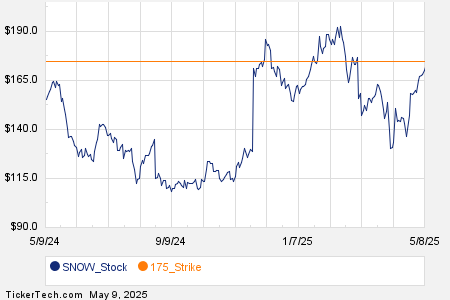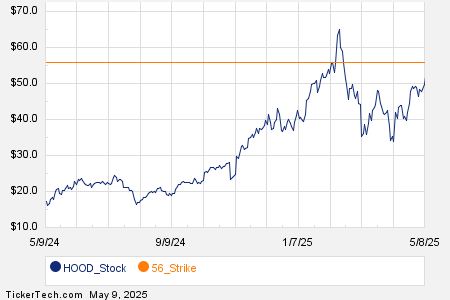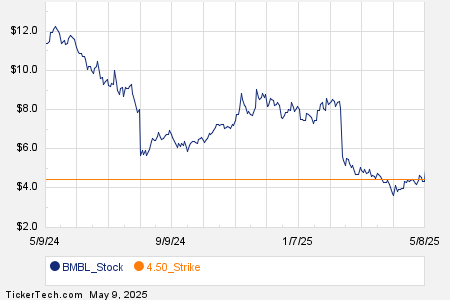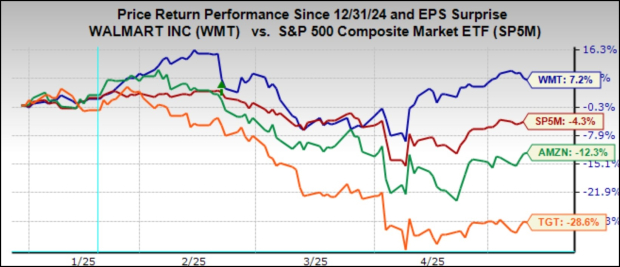Understanding the Limitations of Forward P/E Ratios Amid Uncertainty

The forward price-earnings (P/E) ratio holds limited value in stable conditions and becomes even less reliable during times of uncertainty. Analysts’ projections, which form the basis of the E in P/E, often lag in accuracy when market conditions rapidly evolve.
Currently, many businesses have yet to factor in the impact of tariffs in their earnings guidance. This oversight affects the reliability of analysts’ forecasts, thereby influencing the overall E.
RBC’s Lori Calvasina noted earlier this month, “We’ve been reading earnings call and conference transcripts closely since November across market capitalizations, sectors, and industries. U.S. public companies have been reluctant to address tariff impacts, particularly outside of China, until clear guidance is issued by the administration.” Even with such guidance, many companies have not provided sufficient details to analysts for accurate modeling.
Should tariffs negatively impact earnings—a common expectation—the current estimates for E could overstate earnings strength, leading to inflated P/E ratios.
Despite market sell-offs, forward earnings estimates have remained stable. (Source: FactSet)
As stock prices have declined notably in recent weeks, the P/E ratio may misrepresent how inexpensive stocks are. This can create a misleading perception of value.
Though forward P/E ratios have decreased, there’s still uncertainty about the accuracy of the E. (Source: FactSet)
Generally, trading in and out of the Stock market, especially during tumultuous periods, is risky. Trading based on P/E ratios becomes even riskier when the underlying E values are questionable.
Future clarity on earnings may remain elusive. BofA’s Savita Subramanian mentioned in a recent note that, “There is a reasonable probability that absent resolution, transparency could be compromised.” Many firms tend to limit their guidance in uncertain environments.
This perspective is echoed by Goldman Sachs’ David Kostin, who anticipates that fewer companies will offer forward guidance during upcoming quarterly earnings calls due to the increased difficulty in forecasting business outcomes amidst newly imposed tariffs.
Investors should proceed with caution when trading based on short-term expectations. Market experts emphasize that making predictions right now feels more like a guessing game than a calculated strategy.
Market News and Data brought to you by Benzinga APIs.





